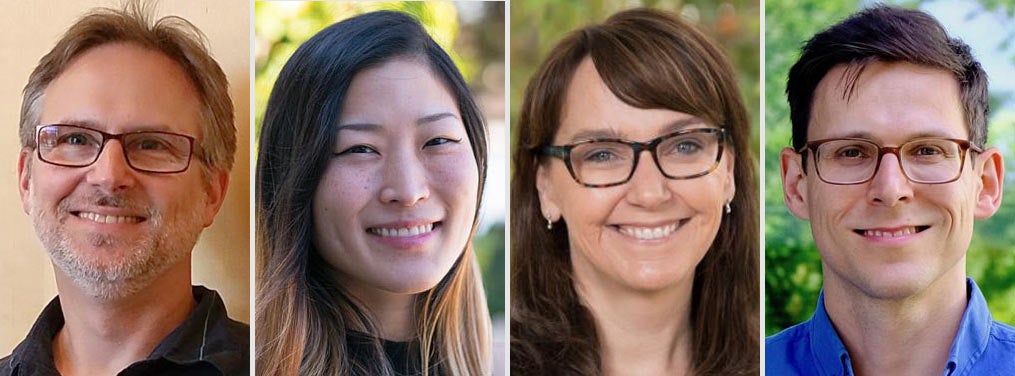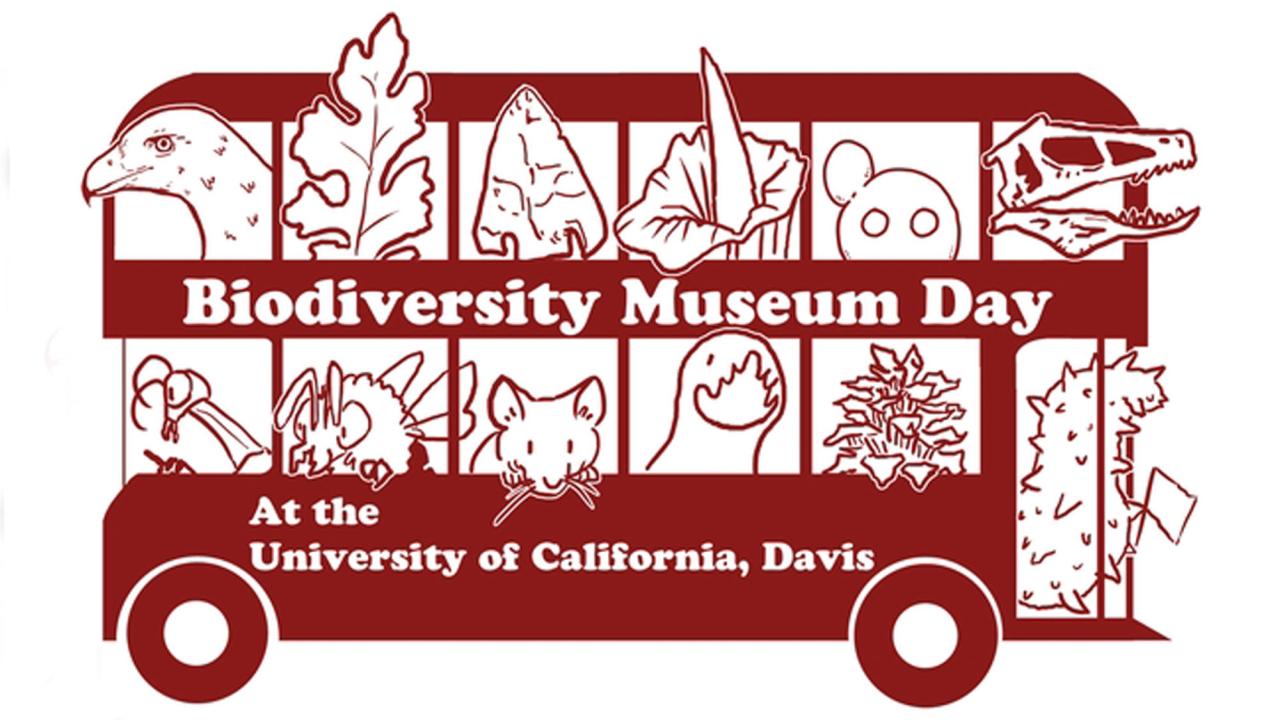Biodiversity Museum Day and NeuroFest, both held virtually last year, are returning as in-person events the first two weekends in March.
Both programs will follow Campus Ready guidelines pertaining to vaccination status and the Daily Symptom Survey. Masks required. Follow the links in the At a Glance box to see the COVID-19 protocols for each event.
Only NeuroFest requires advance registration; the deadline is March 4.
AT A GLANCE
Both events will take place at the UC Davis Conference Center. Free admission to both.
- 11 a.m.-3 p.m. Sunday, March 6
- COVID-19 protocols
- Noon-5 p.m. Saturday, March 12
- Space is limited; registration required by March 4
- COVID-19 protocols
Biodiversity Museum Day
In its 11th year, Biodiversity Museum Day will follow a different format. New this year: a central location where specimens and artifacts from the 11 participating UC Davis museums and collections will be on display — for a one-stop Biodiversity Museum Day, compared to past years when people visited individual collections across the campus.
The expo will be housed in the UC Davis Conference Center, where visitors will check in to ensure compliance with COVID-19 protocols.
Here are the 11 participating museums and collections:
- Arboretum and Public Garden
- Bee Haven
- Bohart Museum of Entomology
- Botanical Conservatory
- California Raptor Center
- Center for Plant Diversity
- Department of Anthropology Museum
- Museum of Wildlife and Fish Biology
- Nematode Collection
- Paleontology Collection
- Phaff Yeast Culture Collection
Scientists will be on hand to greet visitors and answer questions. Some of the collections — including the Arboretum and Public Garden, the Bohart Museum of Entomology and the Botanical Conservatory — will offer tours, but you must first check in at the expo, then sign up for the tours. More information on tours will be available at the expo.
NeuroFest 2022
This day all about neuroscience comes with hand-on activities for all ages, the NeuroBlitz competition and the opportunity to vote for your favorite NeuroArt 2022!
Presented by the Center for Neuroscience and coinciding with the center’s 30th anniversary year, NeuroFest 2022 will include discussion of major neuroscience advancements over the past three decades, along with the latest in cutting-edge research and the future of discoveries to improve people’s lives.

Faculty and affiliated faculty will present on the following topics:
- Gene Editing Comes of Age: New Treatment for Neurodevelopmental Disorders — David Segal, professor, Department of Biochemistry and Molecular Medicine, School of Medicine
- Transforming the Study of Mental health: Using Light to Control Brain Activity and Behavior — Christina Kim, assistant professor, Department of Neurology, UC Davis Health
- Neuroplasticity and Neurodegeneration: NextGen Strategies for Improving Memory and Treating Dementia — Kim McAllister, professor, Department of Neurobiology, Physiology and Behavior, College of Biological Sciences; and director, Center for Neuroscience, College of Biological Sciences
- Restoring Movement and Communication With Brain-Computer Interfaces — Sergey Stavisky, assistant professor, Department of Neurological Surgery, UC Davis Health
Kathy Keatley Garvey, communication specialist, Department of Entomology and Nematology, contributed to this report.
Media Resources
Dateline Staff: Dave Jones, editor, 530-752-6556, dateline@ucdavis.edu; Cody Kitaura, News and Media Relations specialist, 530-752-1932, kitaura@ucdavis.edu.
